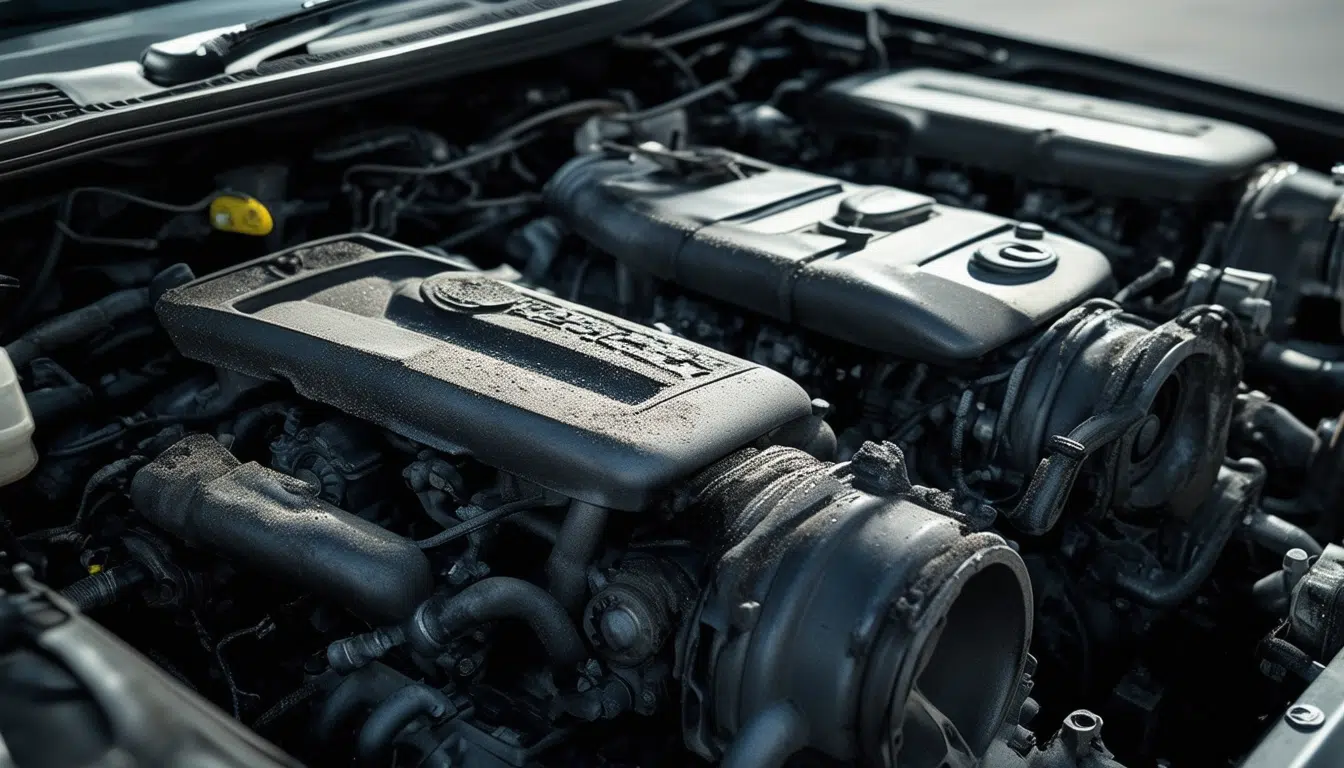Discover the interior of the Puretech engines from Opel, Peugeot, and Citröen: “Do you notice all that dirt?”

The Puretech engines used by brands such as Opel, Peugeot, and Citroën have been at the center of debate due to certain reliability issues. One of the biggest concerns is the deterioration of the timing belt, which can result in significant dirt accumulation in the engine, affecting both performance and vehicle safety. This article explores the internal state of these engines and provides insight into how dirt and degradation can negatively impact.
Impact of Timing Belt Degradation
The most significant problem identified in the Puretech engines is the premature degradation of the timing belt. This crucial component is designed to synchronize the engine’s operation. However, its early wear can lead to an increase in waste within the engine, resulting in a common observation among users: “Do you notice all that dirt?” This phenomenon is not only detrimental to the engine but also to the lubrication system, resulting in a blockage of the oil pump.
The Condition of the Oil Pump
One of the clearest symptoms of dirt accumulation is damage to the oil pump. In images that have circulated on social media, how degraded belt pieces and carbonization residues block oil channels is observed. This blockage can lead to excessive oil consumption and affect the efficiency of the vacuum pump, which in turn can cause irreparable damage to the engine in extreme situations.
A “Known” and “Recurring” Situation
The experiences of users and affected associations, such as AFESTEL, have identified this problem as something recurring. Affecting thousands of vehicles, the issue not only focuses on increased maintenance costs but also on the integrity of the engine. Consumers demand more transparency and accountability from the manufacturer, Stellantis, the automotive group behind these brands.
Stellantis in the “Crosshairs”
User dissatisfaction has placed Stellantis in the “crosshairs” of criticism. Associations have denounced the lack of effective solutions and the manufacturer’s reluctance to take full responsibility for these failures. Through protests and a call to action, there is a push for Stellantis to address these defects and provide adequate repairs to affected users.
Importance of Maintenance and Prevention
Preventive maintenance serves as a partial solution for these problems. Engine experts recommend regularly checking the condition of the timing belt and ensuring timely replacement to avoid the mentioned consequences. This maintenance not only optimizes engine performance but also prolongs its lifespan, minimizing the risk of serious failures.
Rumors and Expectations
Under these circumstances, consumers and experts have begun to evaluate the possibility of future models with significant improvements to avoid such problems. While the Stellantis group has not yet announced official changes to engine design, consumer expectations focus on seeing greater integrity in their future releases.
For those interested in strategies to minimize environmental impact and improve fuel efficiency, they can explore more at strategies for saving fuel and other maintenance recommendations.
Understanding the Challenges of Puretech Engines
The Puretech engines from Opel, Peugeot, and Citroën have managed to maintain their presence in the market due to their promised innovation and efficiency. However, recent incidents show a certain vulnerability in their design, especially concerning wear and structural problems.
In a detailed analysis of the interior of these engines, it has been discovered that the main concern lies in the degradation of the timing belts. This situation can lead to the accumulation of waste, such as carbonization, visible to the naked eye when dismantling the system. This not only affects the oil pump, which can become completely blocked, but also other critical elements of the engine.
The negative impact of premature wear of components, such as timing belts, underscores the need for rigorous and constant maintenance. The effect of such negligence could easily culminate in a catastrophic engine failure, with serious economic consequences for the owners of these vehicles.
It cannot be denied that this series of problems has put some manufacturers of the automotive group Stellantis under intense scrutiny. The brands’ ability to offer effective solutions and clear accountability is key to restoring consumer trust.
Beyond these challenges, the persistence of common problems observed in the Puretech engines has a significant impact on the general perception of the reliability of these units. However, it also highlights the importance of fostering an honest dialogue between manufacturers and consumers, where transparency serves as a fundamental pillar.
Ultimately, these challenges should serve as a reminder to the automotive industry of the ongoing need for innovations that are not only advanced but also basic, focusing on safety and durability in the long term. With the right attention, the lessons learned could catalyze significant future improvements in engine technology, benefiting all involved.





